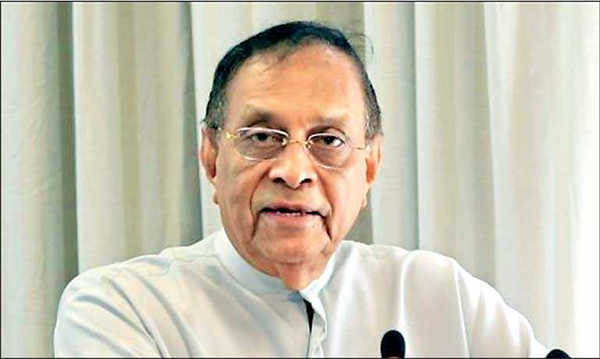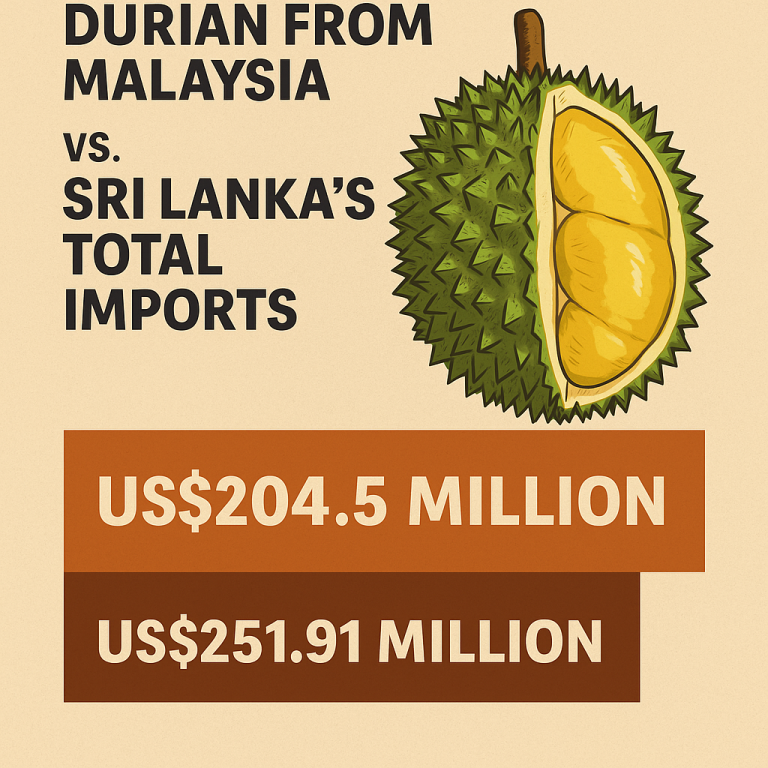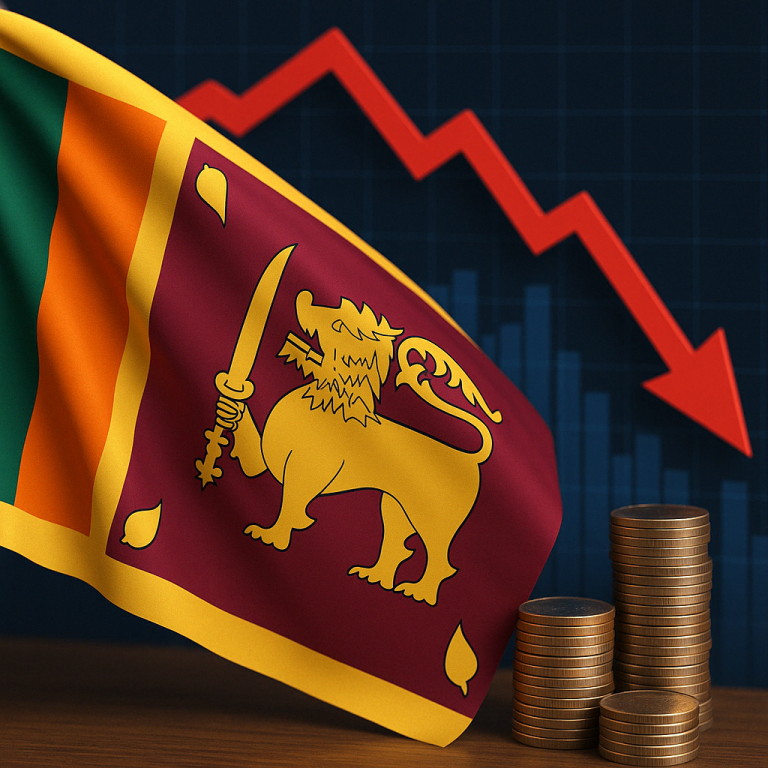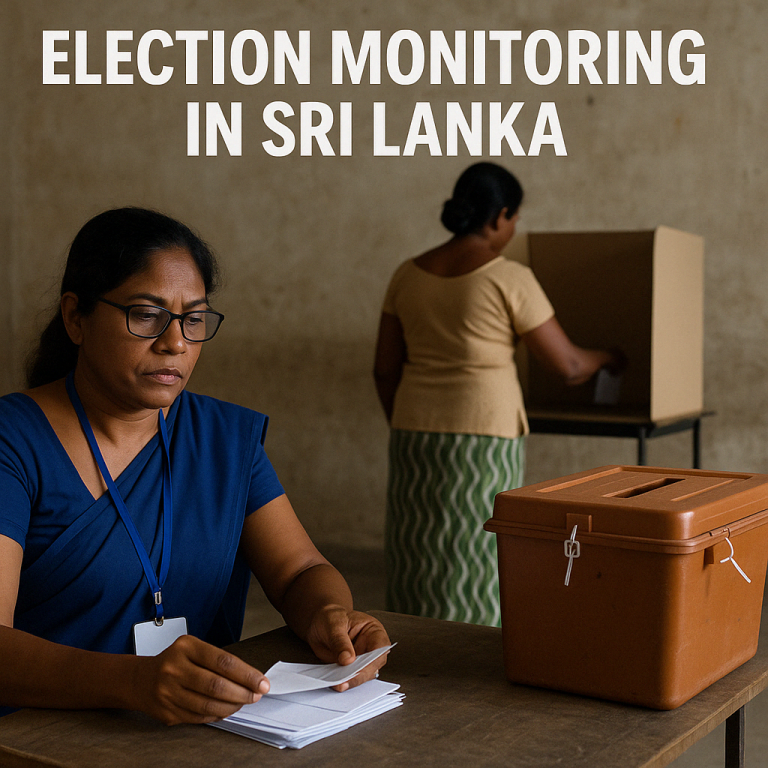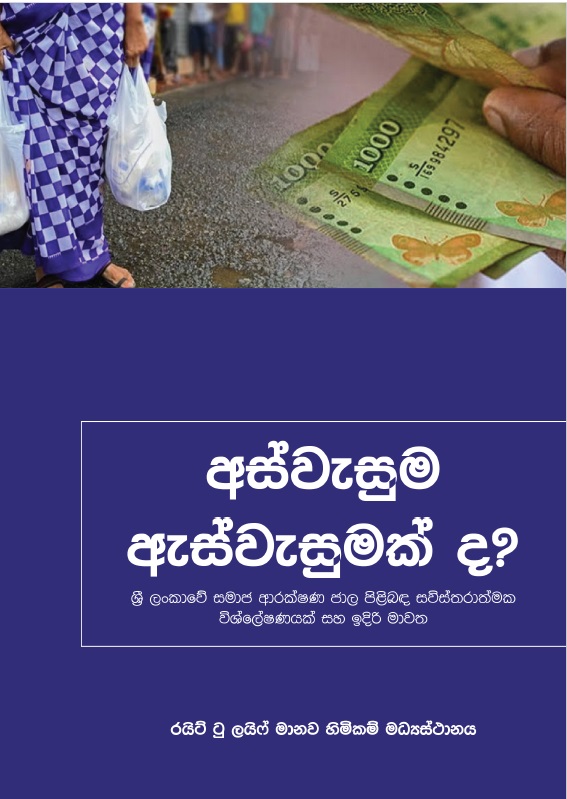In a recent statement, Karu Jayasuriya, Chairman of the National Movement for Social Justice, advocated for the establishment of a development bank as a crucial turning point for the nation’s economy. Highlighting the challenges faced by small and medium-scale enterprises (SMEs) in securing loans due to stringent collateral requirements, Jayasuriya emphasized the government’s commitment to investing 50 billion rupees initially, with plans to expand to 100 billion rupees through various sources. He stressed the importance of this initiative in revitalizing the economy, particularly in the wake of the COVID-19 pandemic, and called for immediate government action to implement this proposal.
The full statement is given below:
The establishment of a development bank marks a significant turning point in the economy
The government’s initiative to launch a “Development Bank” is poised to become a pivotal moment in our nation’s history, playing a crucial role in the revitalization and support of small and medium-scale enterprises (SMEs).
Currently, the assistance provided by the country’s public and private banking systems to small and medium-sized business owners is limited. This limitation arises because these entrepreneurs often struggle to secure loans at standard interest rates due to their inability to provide sufficient collateral.
It is commendable that the government has committed to investing 50 billion rupees in the creation of this new bank, with plans to expand this investment to 100 billion rupees through private and foreign investors as well as international aid agencies. In the past, institutions like DFCC Bank and NDB Bank were established to offer loans to sectors such as exports, rural industries, and SMEs. However, the decision to convert these banks into commercial entities in 2002 was a misstep, likely influenced by international financial institutions. This shift resulted in a challenging period for both new and existing industries, which were deprived of the concessions previously available.
The recent COVID-19 pandemic and subsequent economic downturns have further highlighted the need for such specialized banks. If DFCC and NDB had retained their original focus, they could have provided much-needed support to entrepreneurs during these crises. It is estimated that around 12,000 small and medium enterprises were forced to shut down, leading to significant job losses.
The World Bank’s allocation of 100 million dollars for the improvement of medium-scale industries could also be effectively utilized by this new development bank.
The decision to establish an independent board of directors for the development bank, drawing from the structures of both local and international banks, is a positive step. The bank’s primary goal should be to support local entrepreneurship and contribute to national economic development without incurring losses. By promoting rural industries, the bank can empower citizens with the investment needed to alleviate poverty and achieve self-sufficiency. The bank’s policy should focus on maintaining low-interest rates, providing loans without requiring collateral, and operating without losses.
Proper implementation of this program, along with reforms to the Parate Law, has the potential to bring about significant development in the country. By offering necessary capital to businesses and services, particularly to talented youth, we can aspire to create an economic miracle similar to that of India, with the introduction of innovative products.
In managing this bank, the government must ensure that it does not repeat past mistakes, such as those made by Lanka Putra Bank, which resulted in the issuance of bad loans. We urge the government to implement this proposal promptly.
Karu Jayasuriya
Chairman,
National Movement for a Social Justice

